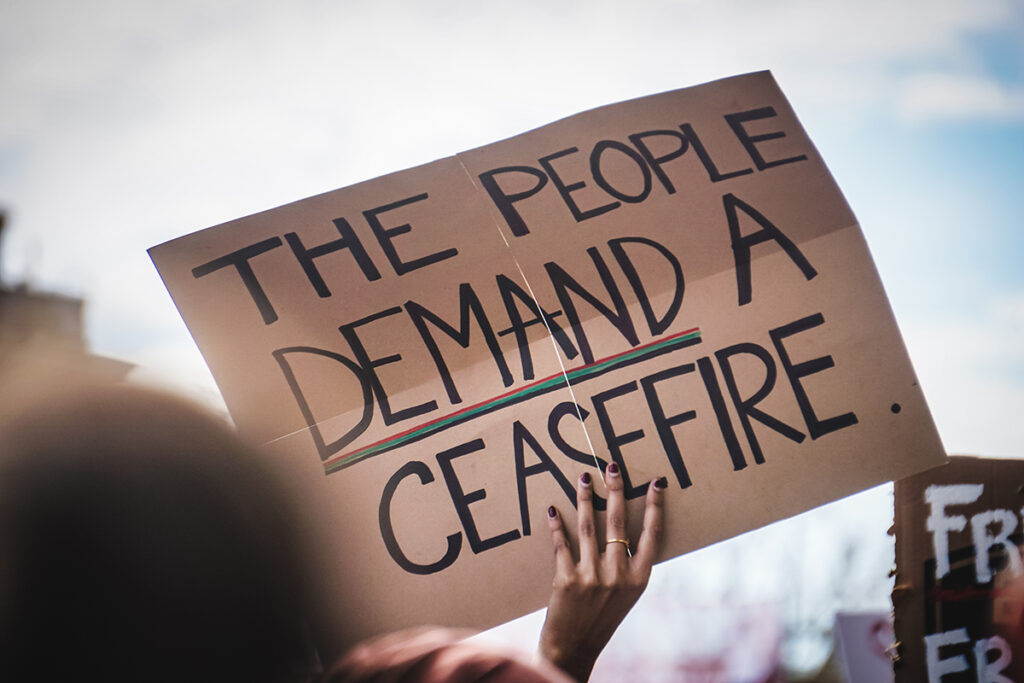The ceasefire agreement between Israel and Hamas, brokered by the United States and Qatar, has sparked cautious optimism but remains on unstable ground. Despite diplomatic efforts to halt the violence, the humanitarian toll in Gaza continues to rise. The Hamas-run Health Ministry reported 81 deaths and 188 injuries within 24 hours, while the Palestinian Civil Emergency Service confirmed 77 deaths since the ceasefire announcement. The Israeli military is reviewing these casualty reports, but the ongoing violence raises concerns about the deal’s durability.
Political divisions within Israel are further complicating the situation. Prime Minister Binyamin Netanyahu has been accused of delaying the implementation of the ceasefire for political reasons. The Israeli security cabinet, which was set to ratify the agreement, postponed its meeting due to disagreements over prisoner exchanges. Netanyahu faces pressure from his far-right coalition, which has condemned the deal as dangerous and unfavorable. These internal conflicts threaten to derail the fragile truce before it can be fully enacted.
Trump’s Influence and International Diplomatic Shifts
Former U.S. President Donald Trump has taken credit for pushing the ceasefire forward, a claim that has fueled debate in international political circles. His approach—characterized by direct threats to Hamas and firm demands on the Israeli government—has been viewed as instrumental in securing the agreement. This intervention has led some UK politicians to question traditional diplomatic strategies, arguing that negotiations without clear consequences often fail to yield results.
UK Foreign Secretary David Lammy acknowledged the complexities of securing a bipartisan approach in the United States earlier in 2024, suggesting that a more unified international effort might have expedited the peace process. His remarks highlight a broader discussion about the effectiveness of conventional diplomacy versus a more forceful approach in conflict resolution. The ceasefire deal, while a temporary relief, underscores the challenges of achieving long-term peace without sustained political pressure.
Internal and External Criticism of Israel’s Actions
The ceasefire has reignited criticism over Israel’s military strategy and international support. The Scottish National Party (SNP) has strongly condemned the role of foreign governments in arming extremist factions within the Israeli administration. The party warned that history will judge those who supplied weapons to a government accused of collective punishment against Palestinians. These accusations reflect growing international frustration over the humanitarian impact of the conflict.
At the same time, Netanyahu’s handling of the ceasefire has drawn backlash from within Israel. Families of hostages held in Gaza have accused him of using the crisis for political posturing rather than prioritizing the release of captives. Delays in the security cabinet’s decision-making process, coupled with resistance from far-right allies, suggest that internal political struggles could undermine the agreement’s success. The divisions within Israel’s leadership make it unclear whether the ceasefire will hold or collapse under domestic pressures.
U.S. Optimism and Strategic Considerations
Despite these challenges, the Biden administration remains optimistic that the ceasefire will be fully implemented by Sunday. U.S. Deputy National Security Adviser Jon Finer acknowledged the lack of trust between both parties but stated that American diplomats remain in close contact with mediators and Israeli officials to ensure compliance. John Kirby, the spokesman for the White House National Security Council, also conveyed confidence in the agreement, indicating that Hamas’s weakened position had made negotiations more feasible.
While acknowledging Trump’s role in advancing the ceasefire, U.S. officials emphasized that broader diplomatic efforts were critical in securing the deal. The focus now shifts to enforcing the agreement and addressing the humanitarian crisis in Gaza. With global attention on the region, any violations of the truce could trigger swift international responses, reinforcing the need for both sides to adhere strictly to their commitments.
Financial Support for Released Hostages and the Road Ahead
As part of the ceasefire arrangement, Israel has announced financial aid for hostages expected to be released. Labour and Welfare Minister Yoav Ben Tzur confirmed that returning captives would receive approximately £13,570 in support, including immediate financial assistance and medical treatment. Additionally, they will be granted automatic recognition of 50% disability status to facilitate their reintegration. While these measures aim to ease the burden on former hostages, the long-term psychological and physical impact of captivity remains a pressing concern.
The broader question remains whether this ceasefire will lead to a sustainable peace or merely serve as a temporary pause in hostilities. With political instability in Israel, persistent humanitarian challenges in Gaza, and skepticism over Hamas’s commitment to the deal, the situation remains volatile. The success of this ceasefire will depend not only on adherence to its terms but also on meaningful diplomatic efforts to address the underlying causes of the conflict.


